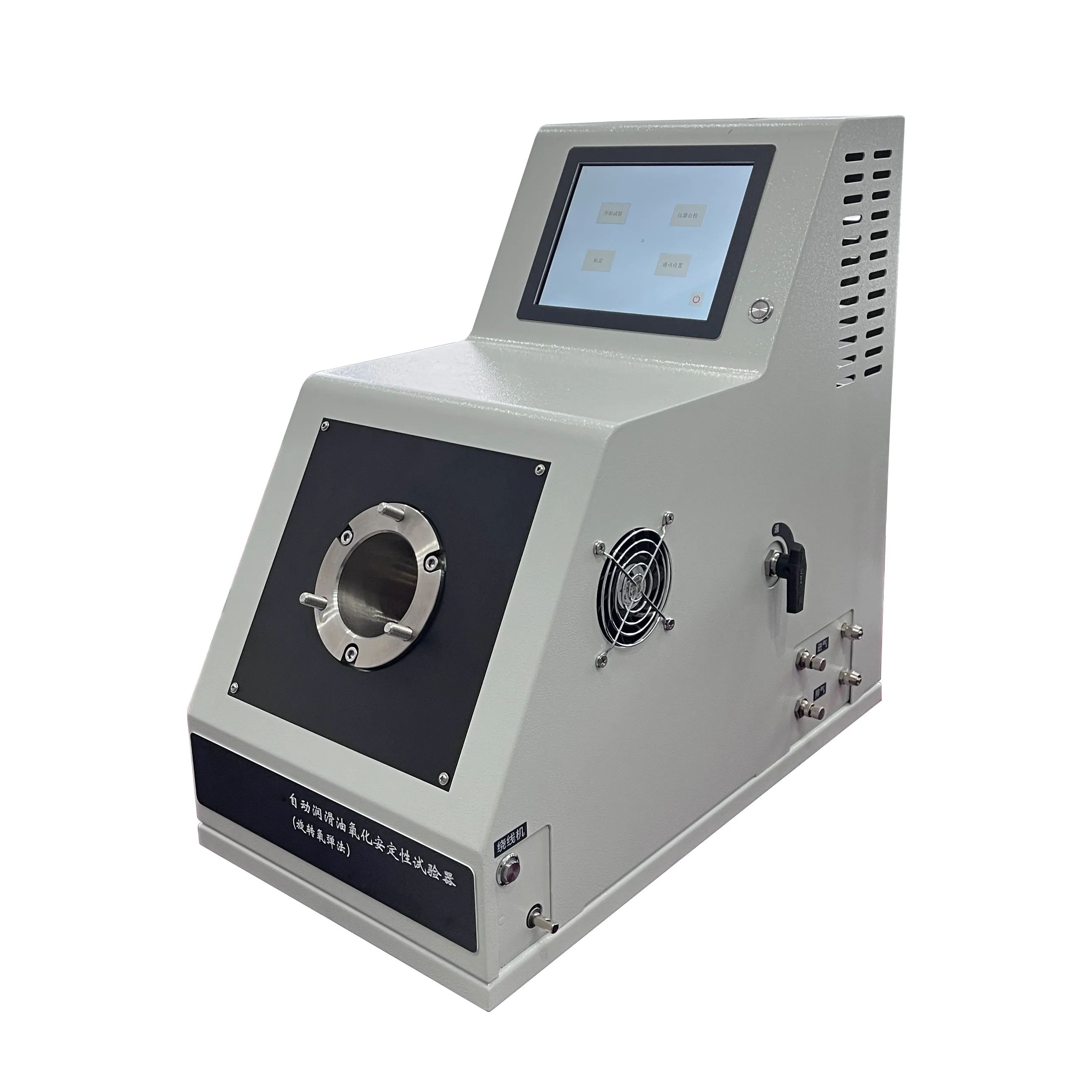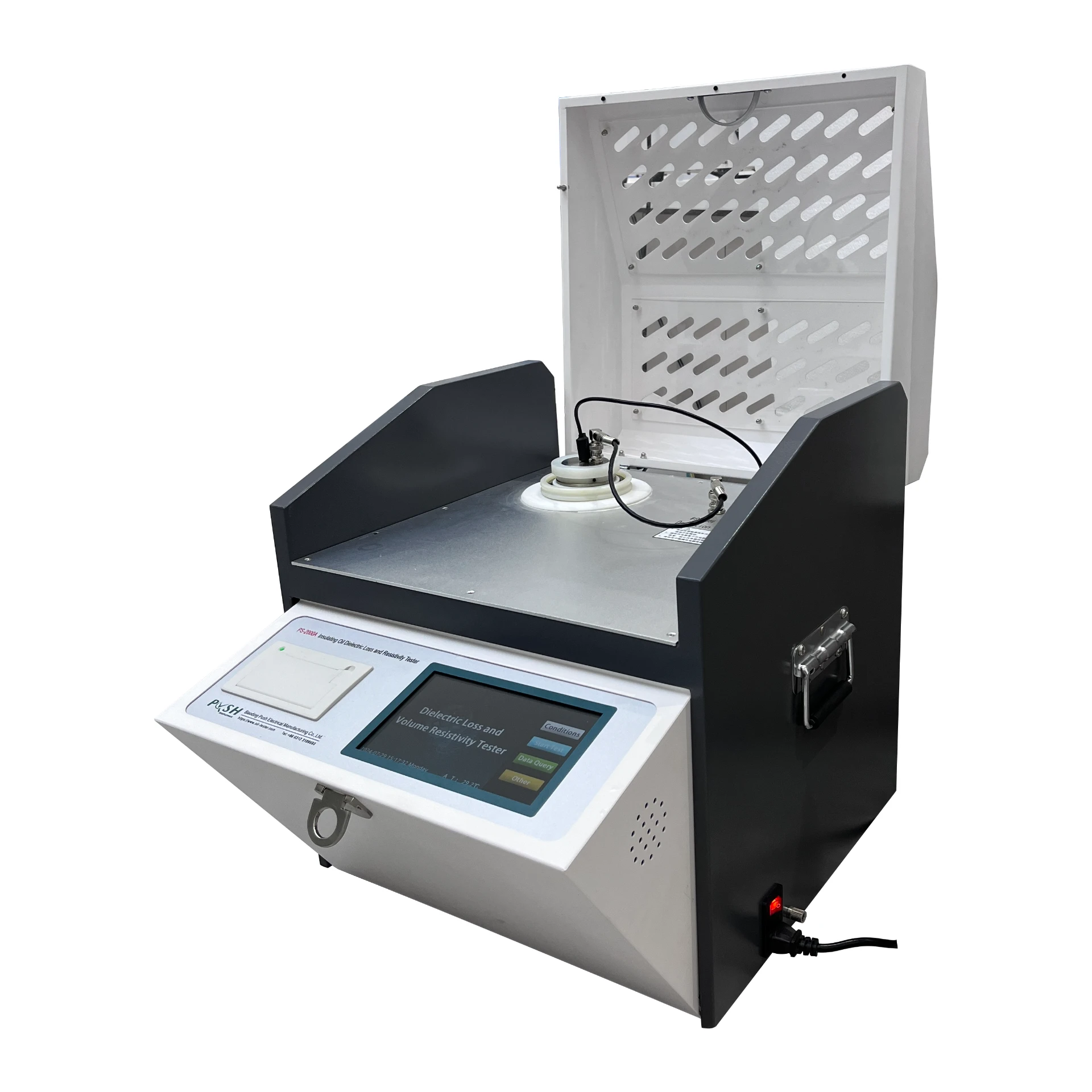TEL:
+86-0312-3189593
 English
English

Telephone:0312-3189593

Email:sales@oil-tester.com

-
 Afrikaans
Afrikaans -
 Albanian
Albanian -
 Amharic
Amharic -
 Arabic
Arabic -
 Armenian
Armenian -
 Azerbaijani
Azerbaijani -
 Basque
Basque -
 Belarusian
Belarusian -
 Bengali
Bengali -
 Bosnian
Bosnian -
 Bulgarian
Bulgarian -
 Catalan
Catalan -
 Cebuano
Cebuano -
 China
China -
 China (Taiwan)
China (Taiwan) -
 Corsican
Corsican -
 Croatian
Croatian -
 Czech
Czech -
 Danish
Danish -
 Dutch
Dutch -
 English
English -
 Esperanto
Esperanto -
 Estonian
Estonian -
 Finnish
Finnish -
 French
French -
 Frisian
Frisian -
 Galician
Galician -
 Georgian
Georgian -
 German
German -
 Greek
Greek -
 Gujarati
Gujarati -
 Haitian Creole
Haitian Creole -
 hausa
hausa -
 hawaiian
hawaiian -
 Hebrew
Hebrew -
 Hindi
Hindi -
 Miao
Miao -
 Hungarian
Hungarian -
 Icelandic
Icelandic -
 igbo
igbo -
 Indonesian
Indonesian -
 irish
irish -
 Italian
Italian -
 Japanese
Japanese -
 Javanese
Javanese -
 Kannada
Kannada -
 kazakh
kazakh -
 Khmer
Khmer -
 Rwandese
Rwandese -
 Korean
Korean -
 Kurdish
Kurdish -
 Kyrgyz
Kyrgyz -
 Lao
Lao -
 Latin
Latin -
 Latvian
Latvian -
 Lithuanian
Lithuanian -
 Luxembourgish
Luxembourgish -
 Macedonian
Macedonian -
 Malgashi
Malgashi -
 Malay
Malay -
 Malayalam
Malayalam -
 Maltese
Maltese -
 Maori
Maori -
 Marathi
Marathi -
 Mongolian
Mongolian -
 Myanmar
Myanmar -
 Nepali
Nepali -
 Norwegian
Norwegian -
 Norwegian
Norwegian -
 Occitan
Occitan -
 Pashto
Pashto -
 Persian
Persian -
 Polish
Polish -
 Portuguese
Portuguese -
 Punjabi
Punjabi -
 Romanian
Romanian -
 Russian
Russian -
 Samoan
Samoan -
 Scottish Gaelic
Scottish Gaelic -
 Serbian
Serbian -
 Sesotho
Sesotho -
 Shona
Shona -
 Sindhi
Sindhi -
 Sinhala
Sinhala -
 Slovak
Slovak -
 Slovenian
Slovenian -
 Somali
Somali -
 Spanish
Spanish -
 Sundanese
Sundanese -
 Swahili
Swahili -
 Swedish
Swedish -
 Tagalog
Tagalog -
 Tajik
Tajik -
 Tamil
Tamil -
 Tatar
Tatar -
 Telugu
Telugu -
 Thai
Thai -
 Turkish
Turkish -
 Turkmen
Turkmen -
 Ukrainian
Ukrainian -
 Urdu
Urdu -
 Uighur
Uighur -
 Uzbek
Uzbek -
 Vietnamese
Vietnamese -
 Welsh
Welsh -
 Bantu
Bantu -
 Yiddish
Yiddish -
 Yoruba
Yoruba -
 Zulu
Zulu
Jan . 13, 2025 16:41
Back to list
PS-100Z Distillation Range Tester
Choosing the right water distillation unit for laboratory use is a critical decision that can significantly impact the quality and efficiency of your experiments. When considering price, it's essential to weigh this factor against the unit's performance and reliability. Based on years of experience in laboratory settings and extensive knowledge of distillation technologies, I can offer insights to guide you in this decision-making process.
Consider units offering automation features for enhanced usability and efficiency. Automation reduces user intervention, minimizes errors, and provides consistent results—factors that contribute positively to the laboratory's operational excellence. An often-overlooked aspect is the manufacturer’s reputation and the availability of service and support. A water distillation unit, like all laboratory equipment, requires maintenance. Products from established manufacturers often come with comprehensive customer support, user training, and warranty options. These perks, while possibly contributing to a higher initial investment, ensure the unit’s long-term reliability and performance. In conclusion, when deciding on a water distillation unit for laboratory purposes, pricing should not be the sole determining factor. Through professional expertise grounded in practical laboratory experiences, it becomes clear that while initial cost is crucial, considering long-term benefits such as purity levels, capacity, operational efficiency, and reliable support can significantly enhance laboratory performance. Make informed decisions by balancing all these factors, ensuring your investment supports both immediate research needs and future laboratory growth. This comprehensive approach not only optimizes the purchase decision but also enhances overall laboratory efficiency and reliability, fostering an environment of excellence and precision.


Consider units offering automation features for enhanced usability and efficiency. Automation reduces user intervention, minimizes errors, and provides consistent results—factors that contribute positively to the laboratory's operational excellence. An often-overlooked aspect is the manufacturer’s reputation and the availability of service and support. A water distillation unit, like all laboratory equipment, requires maintenance. Products from established manufacturers often come with comprehensive customer support, user training, and warranty options. These perks, while possibly contributing to a higher initial investment, ensure the unit’s long-term reliability and performance. In conclusion, when deciding on a water distillation unit for laboratory purposes, pricing should not be the sole determining factor. Through professional expertise grounded in practical laboratory experiences, it becomes clear that while initial cost is crucial, considering long-term benefits such as purity levels, capacity, operational efficiency, and reliable support can significantly enhance laboratory performance. Make informed decisions by balancing all these factors, ensuring your investment supports both immediate research needs and future laboratory growth. This comprehensive approach not only optimizes the purchase decision but also enhances overall laboratory efficiency and reliability, fostering an environment of excellence and precision.
Previous:
Latest news
-
Exploring the Main Types of Industrial Endoscopes and Their Applications Across IndustriesNewsJul.04,2025
-
Testing Equipment Industry Sees Major Advancements in 2025: Smart & Precision Technologies Lead the WayNewsJun.06,2025
-
Applications of Direct Current Generators in Renewable Energy SystemsNewsJun.05,2025
-
Hipot Tester Calibration and Accuracy GuidelinesNewsJun.05,2025
-
Digital Circuit Breaker Analyzer Features and BenefitsNewsJun.05,2025
-
Benefits of Real-Time Power Quality Monitoring Devices for Industrial EfficiencyNewsJun.05,2025



